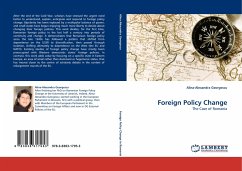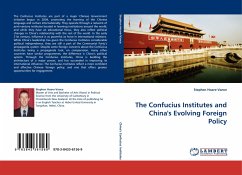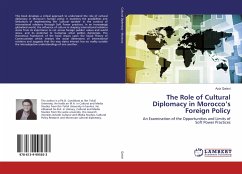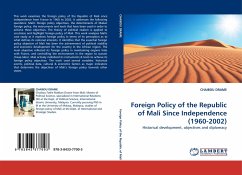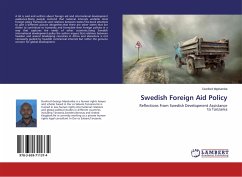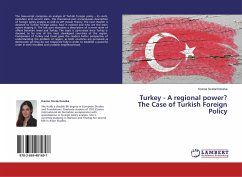After the end of the Cold War, scholars have stressed the urgent need better to understand, explain, anticipate and respond to foreign policy change. Bipolarity has been replaced by a multipolar balance of power, and small states have begun enjoying much more liberty to decide about changing their foreign policies. This work divides, for the first time, Romanian foreign policy in the last half a century into periods of continuity and change. It demonstrates that Romanian foreign policy since the late 1940s has followed a pattern that shifted from dependence on the USSR to diversification, then passed through isolation, shifting ultimately to dependence on the West (the EU and NATO). Existing studies of foreign policy change have mostly been preoccupied with Western democratic states' foreign policies. In contrast, this work adds value by focusing on a specific state in Eastern Europe, an area of small rather than dominant or hegemonic states, that has moved closer to the centre of scholarly debate in the context of enlargement rounds of the EU.
Bitte wählen Sie Ihr Anliegen aus.
Rechnungen
Retourenschein anfordern
Bestellstatus
Storno

